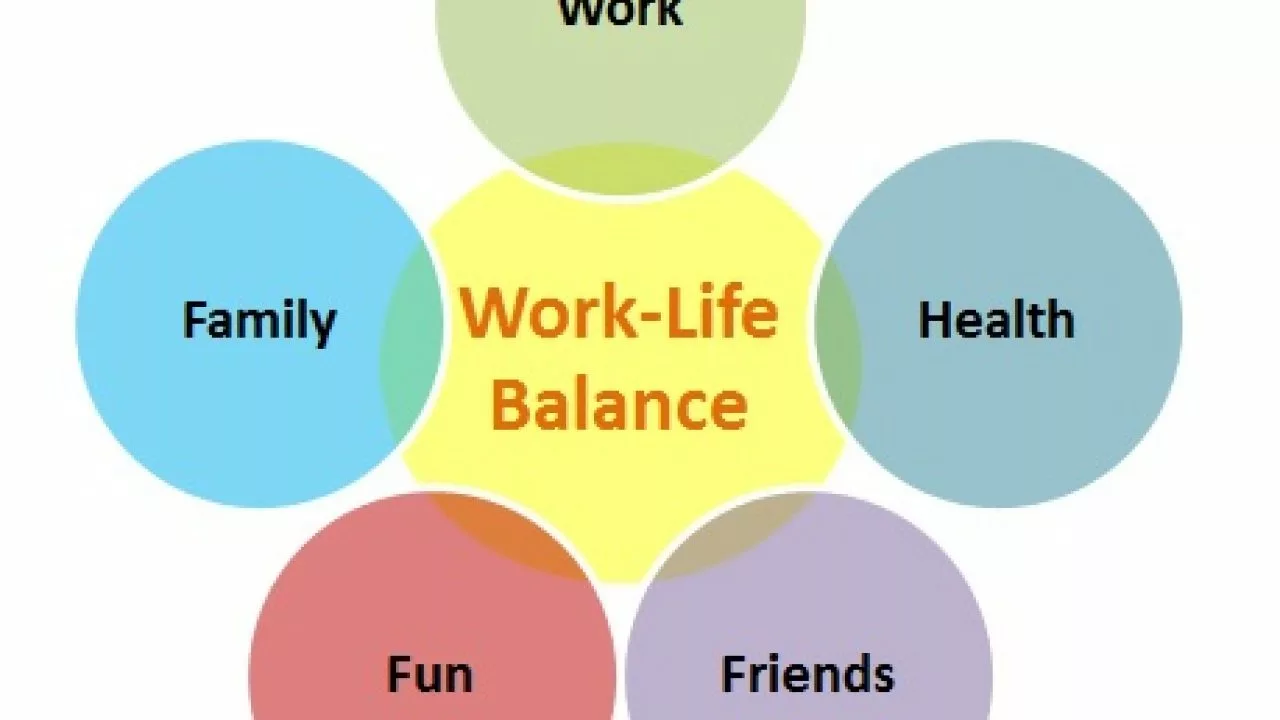Low Libido: Simple Answers and Practical Fixes
Low libido can feel frustrating and private. You're not broken—changes in desire are common and usually fixable. This guide explains clear causes, practical steps you can try at home, and when to see a healthcare pro.
Common causes and what they tell you
Hormones matter. Low testosterone in men and low estrogen or thyroid issues in women can lower desire. Medications like antidepressants, blood pressure drugs, or opioid painkillers often lower libido too. Stress, poor sleep, alcohol, and chronic illness also chip away at sexual interest. Relationship problems — poor communication, unresolved conflict, or emotional distance — are big contributors. Notice patterns: if low desire started after a new drug or a major life stress, that gives a clue.
Practical fixes you can try today
Start with sleep and movement. Aim for regular sleep and 30 minutes of moderate exercise most days—both improve mood and energy. Cut back on booze and recreational drugs; they blunt sexual response. Small stress habits help: deep breaths, short walks, or a 10-minute mindfulness break before bed. Rebuild intimacy slowly—plan non-sex touch such as holding hands, massages, or longer hugs to remind your brain that closeness is safe and rewarding.
Talk openly with your partner using “I” statements: “I feel distant when…” rather than blaming. Set small, pressure-free goals—an evening where you focus on connection without expectations can reduce performance anxiety. Try scheduling sex if spontaneous desire is rare; it sounds clinical but removes pressure and builds momentum.
If medication is the likely cause, talk with your prescriber before you stop anything. Sometimes switching drugs or adjusting dose restores libido. A short sexual health review with your doctor can include simple blood tests for hormones, thyroid, and basic health checks that often uncover treatable issues.
When to consider medical or professional help: persistent low desire that causes distress, sudden drops in interest, or drops tied to relationship problems deserve attention. A sexual health specialist, endocrinologist, or therapist with sex therapy experience can offer targeted treatments—hormone therapy when appropriate, CBT for anxiety, or couple therapy for relationship issues.
About supplements and online remedies: be cautious. Many products promise quick fixes but lack solid evidence and may interact with other meds. If you try supplements, discuss them with your clinician and buy from reputable sources.
Women may notice vaginal dryness or painful sex that lowers desire; lubricants, vaginal estrogen, or pelvic physical therapy can help. Men should check for erectile issues, since difficulties can reduce want. Low libido is not a moral failing—it's often a medical or life issue. Tracking mood, sleep, and medication changes in a journal for two weeks gives clinicians useful clues quickly.
Finally, be patient with progress. Boosting libido is often a stepwise process—fix one thing, then the next. Small consistent changes in sleep, stress, communication, and medical care add up. Use this page as a checklist: sleep, exercise, reduce alcohol, talk with your partner, review meds, and see a clinician when needed.

How to balance career stress and low libido for a healthier life
- 6 Comments
- May, 28 2023
In today's fast-paced world, balancing career stress and low libido can be quite challenging. To achieve a healthier life, it's important to find ways to manage stress effectively, such as practicing mindfulness, exercising regularly, and maintaining a healthy diet. Additionally, prioritize self-care and nurture your relationships to help boost your libido. Remember, communication plays a crucial role in understanding your partner's needs and ensuring a fulfilling intimate life. By taking these steps, we can build a more balanced and fulfilling life, both professionally and personally.




